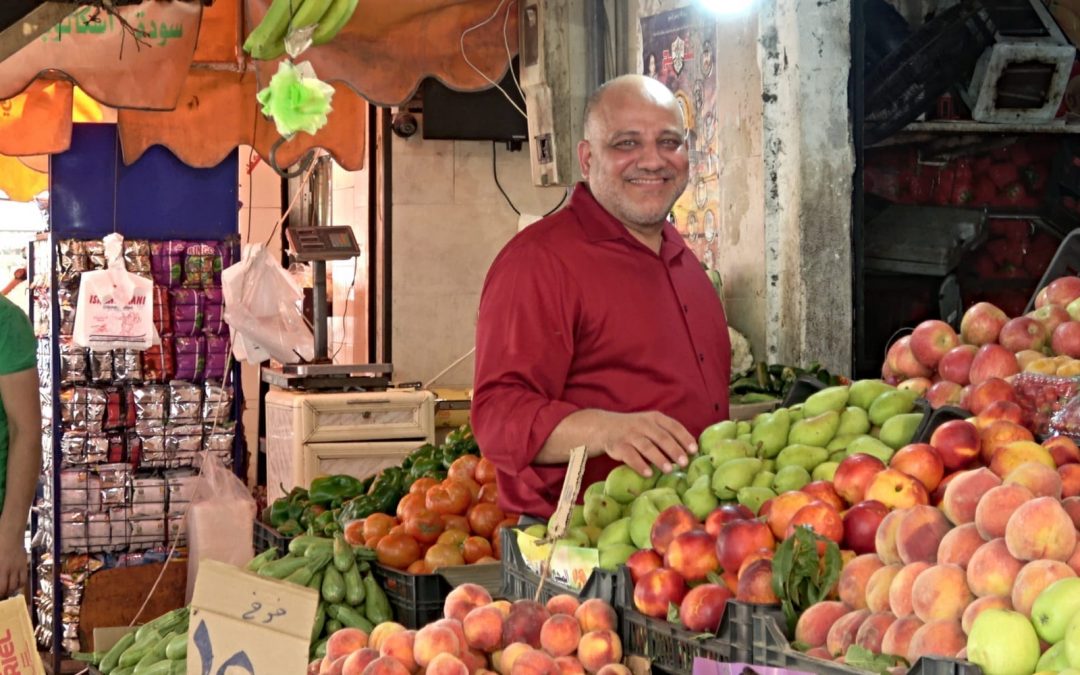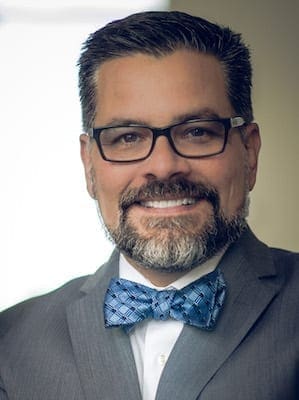I visited Beirut last week with my friend, Imam Imad Enchassi, revisiting a place that held for him painful memories of violence and massacre at the hands of Christian militants.
As I shared yesterday, it is hard to believe Imad did not allow hate to overcome his heart.
However, for Imad, hate was too great a burden to bear, as he recalled a Catholic nun whose compassion and love offered a beacon of hope and mercy.
As an imam in the United States, Imad has used the tragedies of his life to bear witness to his late teacher and shine her light even brighter.
All of the humanitarian ministries for the Islamic Society of Oklahoma City (ISOC) are named after her.
One such global ministry where ISOC is making a difference is helping a Syrian refugee camp outside of Beirut.
Imad and his wife, Judy, visited the camp last week and provided supplies for the 300 refugees that live at the camp.
Also, they take care of approximately eight orphans left parentless by the Syrian civil war.
For these and the other children, the ISOC and Islamic Relief offer encouragement and playground equipment.
It was such an inspiration to see the smiles on the children’s faces as Imad and Judy handed out toys and dedicated the new playground equipment.
Since the beginning of the war in March 2011, Syrian refugees have been fleeing to Lebanon. Escaping war, poverty and hunger, more than 1.5 million refugees have crossed the border.
Lebanon is a country of only 6 million people, but it hosts the highest number of refugees per capita.
Many of the Syrians live in camps like the one ISOC supports, a situation (I will remind you) that began in a similar manner to the Palestinian displacement of the 1940s and ’50s.
Syrians choosing not to live in camps attempt to squeak out a living, but it’s very difficult since the law does not allow them to officially hold a job.
It should be noted that these same laws prevent Palestinians from officially holding a job as well.
These laws are meant to dissuade refugees and to make life uncomfortable enough that both people groups will return home if there is ever a Palestinian state and the war ends in Syria.
Realistically, Palestinians and Syrians will most likely live in Lebanon for the foreseeable future.
Beirut is an amazing city, filled with history, culture and hospitality. However, a quick stroll through downtown reveals the bullet holes covering the walls of buildings – a visible reminder that this city has felt the pain and evil of conflict.
Broken hearts, uncontrollable tears and far too much death are the deep scars left behind.
The faces of older citizens bearing those scars offer insight into the difficulties of this region, but they also project great wisdom.
The elders wish never to return to a way of war and hate. Most teach their children to show mercy, exhibit compassion, embrace diversity and choose love over hate.
While politicians and media outlets often tell a very different story, my perspective comes from the beautiful people I encountered last week who demonstrated generosity and kindness to a stranger.
This is why my trip to Beirut filled my soul with heartache and hope.
The heartache comes from witnessing the realities of divisive politics and the visceral hate of the other.
Seeing the lives of generations of Lebanese, Palestinians and now Syrians endure the darkness of this world and its actors pains my soul. In particular, the children who have suffered pain me the most.
My prayer for this generation of children is that they will make the world a more peaceful and welcoming place.
If they are able to achieve this lofty but attainable goal, they will have Ms. Mercy and Imam Imad Enchassi to thank. For both have left, and are leaving, bright candles for all of us to follow.
Editor’s note: This is the second of a two-part series. Part one is available here.


